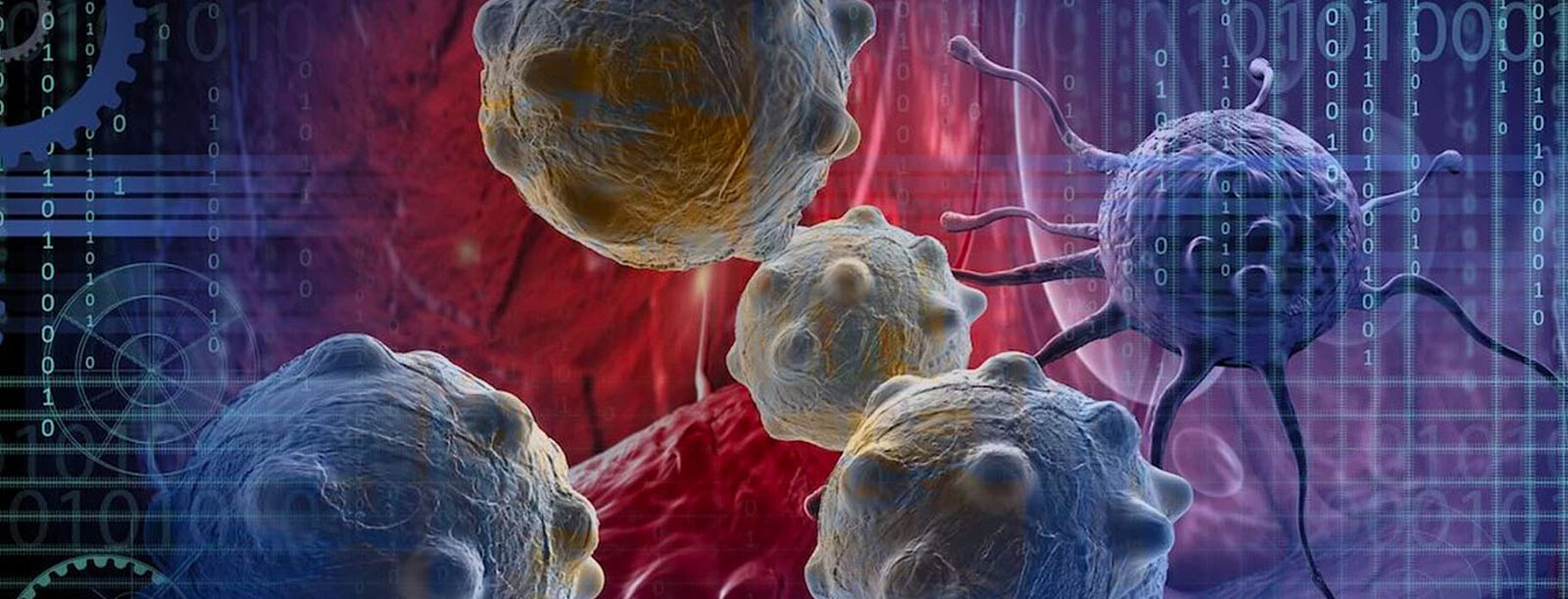Cristallogenesis of E6-inhibitor and PDZ-motif complexes
Subgroup Leader : Alexandra COUSIDO-SIAH

In diseases, interaction networks serving homeostatic (normal) functions of the host are often reprogrammed to the profit of a "hijacker" organism, which can be a virus or a bacteria, but also a tumor. Remarkably, oncogenic viruses produce "oncoproteins" (cancer-causing proteins), which hijack host functions twice: once for the viruse's sake at the infection stage, and once again for the tumor's sake at the cancer stage.
In the host cells, many protein-protein interactions are mediated by short Linear Interaction Motifs (sLIMS) interacting specifically with defined families of globular domains. Particular domain-motif networks are often specialized in particular biological functions.
To hijack host functions, viral oncoproteins often contain mimics of cellular sLIMs (sLIM mimick strategy) or binding sites for cellular sLIMs (sLIM capture strategy). In this way, they can perturb and reprogram the functional networks mediated by these sLIMs and their target globular domains.
Our research team focuses on the oncoproteins of human papillomaviruses (HPV), responsible for cervical cancers and implicated in a growing number of other cancers (head and neck, anus, skin). The structures of HPV oncoproteins bound to domains or motifs of target cellular proteins are analyzed by high resolution X-ray and NMR, and complemented by quantitative affinity and kinetic measurements using biophysical approaches (Surface Plasmon Resonance, Calorimetry, circular dichroism...). We have also developed the "holdup assay", a novel approach for measuring domain-motif affinities at high-throughput, which opens new perspectives to address the specificity of protein-protein and protein-ligand interactions in a quantitative manner and at a proteomewide scale.
Using these integrated approaches, we aim to describe the hijacking of host functions by oncogenic HPVs both at the atomic and at the interactomic levels, thereby providing precise structural and quantitative knowledge that will foster future therapeutic strategies against HPV-induced cancers.
Subgroup Leader : Elodie MONSELLIER
Subgroup Leader : Yves NOMINE
High-Throughput Protein Production and Purification ; Page: 439-476
Bioconjugate Chemistry ; Volume: 30 ; Page: 1734–1744
Methods in Molecular Biology ; Volume: 1964 ; Page: 99-117
Microbial Cell Factories ; Volume: 17
Journal of Molecular Biology ; Volume: 430 ; Page: 5257-5279
EMBO Reports ; Volume: 19
FEBS Journal ; Volume: 284 ; Page: 3171-3201
Biophysical Journal ; Volume: 112 ; Page: 2575-2588
PLoS Biology ; Volume: 11 ; Page: e1001726
Protein Expression and Purification ; Volume: 80 ; Page: 8-16
Page 2 of 3